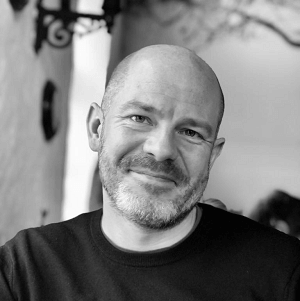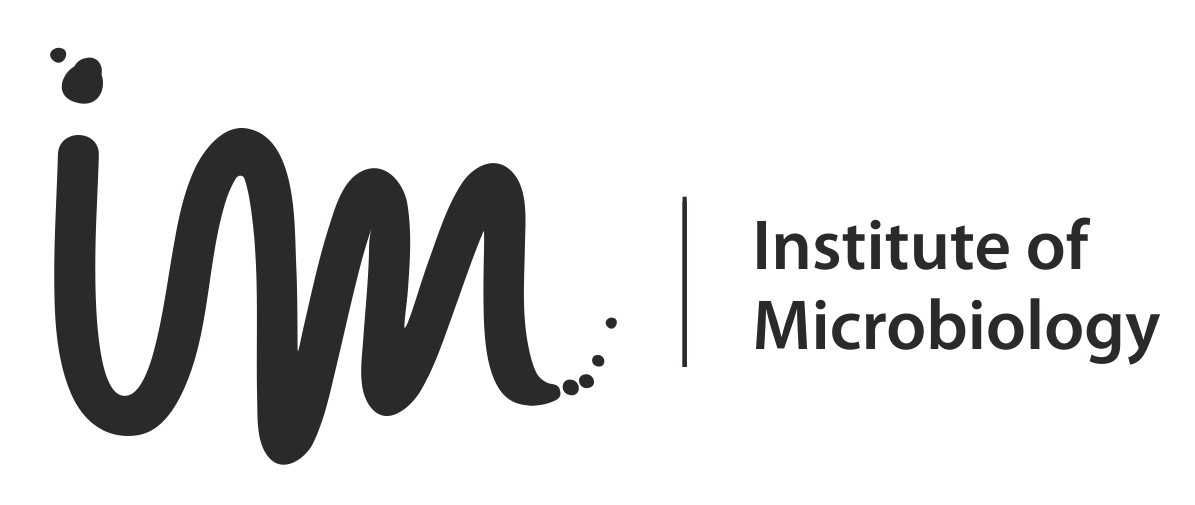Transition of bacteria from a commensal to a pathogenic lifestyle

12 06 2023
Category: IM Seminar
Laboratory of Molecular Microbiology, Warsaw Branch of Polish Society of Microbiologists and the Institute of Microbiology UW invite you to the seminar on
“How evolution has changed essential metal use by a metalloenzyme, enabling a bacterium to transition from a commensal to a pathogenic lifestyle”,
by Dr. Kevin Waldron, which will take place on June 19th, 2023 at the Center for Biological and Chemical Sciences of the University of Warsaw, in Aula C (ground floor).
Dr. Kevin Waldron’s research focuses on the role of essential metal ions protein structure and function, and the importance of metal homeostasis in the physiology of pathogenic bacteria at the host-pathogen interface. It has been estimated that almost half of all enzymes in nature require an essential metal cofactor to function, making the molecular mechanisms that govern interactions of proteins with their ‘correct’ metal cofactor crucial in all aspects of biology, medicine and biotechnology.
Restricting a pathogen’s access to these metallic essential micronutrients is an important mechanism by which the immune system controls the proliferation of invading pathogenic microorganisms, known as “nutritional immunity”. Some metals, such as copper and zinc, can also be extremely toxic to bacteria, and the toxicity caused by excess of these metals is also used by the immune system to kill pathogens.
Additionally, copper alloys and salts have a long history of human use as agrochemical fungicides, and metal salts, nanoparticles and chelates are gaining use as antimicrobial agents. Such strategies will gain importance as antibiotic resistance becomes more prevalent among pathogens.
Dr. Waldron’s group uses biochemistry, biophysics and microbial genetics to study how proteins utilise metals, how they acquire and deliver metals to proteins, and the mechanisms by which metal deficiency or excess causes bacterial growth inhibition and death. Until recently, Dr. Waldron led a research group at the Faculty of Medical Sciences at Newcastle University, UK, during which his group made a series of high profile discoveries in this area (see for example https://doi.org/10.1038/nature14854 and https://doi.org/10.1038/s41467-020-16478-0). In 2022 he joined the Institute of Biochemistry and Biophysics of the Polish Academy of Sciences (https://ibb.edu.pl/pracowania-badawcza/dr-kevin-waldron/). His latest paper in Nature Ecology & Evolution describes the evolution of an ancient metalloenzyme family by modulating metal preferences (https://www.nature.com/articles/s41559-023-02012-0).
